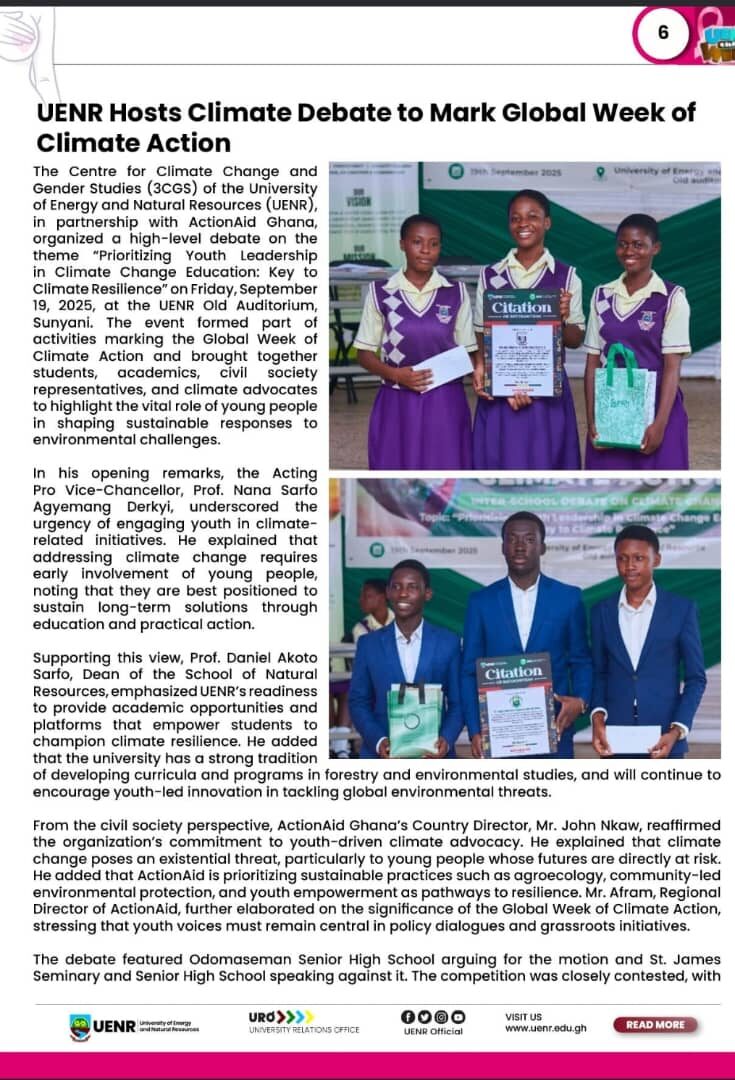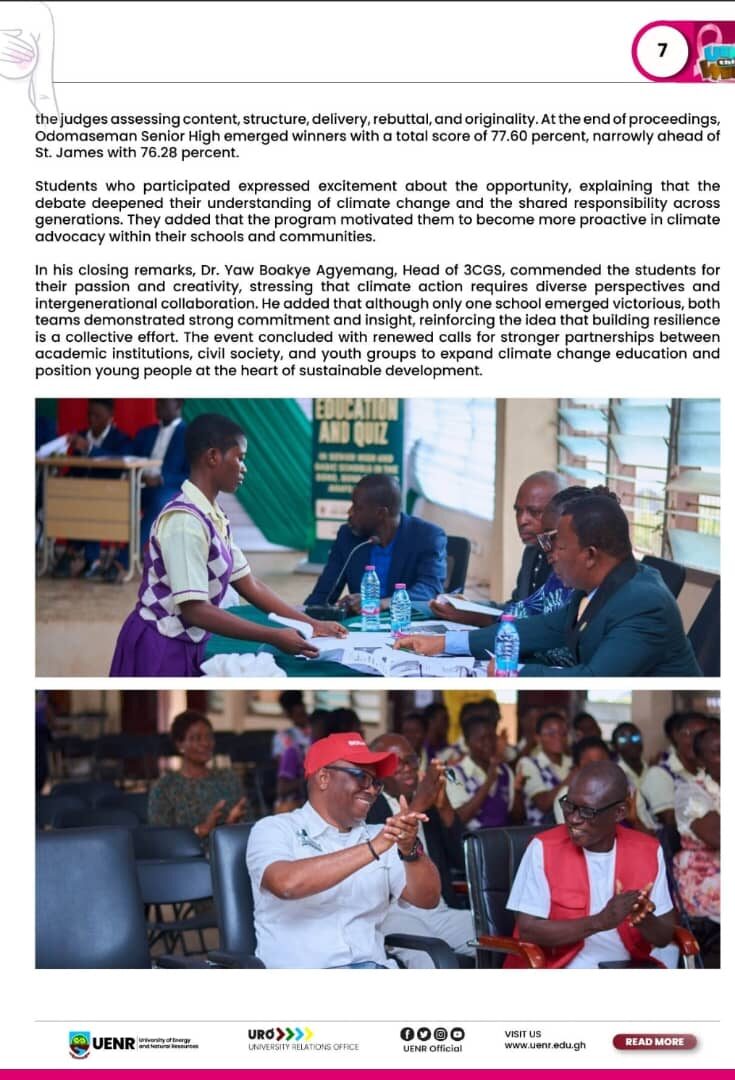
Welcome to 3CGS
At the Centre for Climate Change and Gender Studies (3CGS), we address one of the most pressing global challenges — the impact of climate change on vulnerable communities, ecosystems, and gender equity. As an evidence-based research and advocacy centre within UENR, we focus on the intersection of climate change and gender within natural resource landscapes.
Vision
To become a world-class research and advocacy centre that spearheads change through innovation, research, and capacity development that is sustainably holistic. sectetur adipiscing elit. Ut elit tellus, luctus nec ullamcorper mattis, pulvinar dapibus leo.
Mission
To promote, coordinate, facilitate and disseminate research and developmental initiatives that deal with the nexus between climate change and gender in Ghana and beyond; and to provide a platform for capacity building in cutting-edge research and sustainable project implementation.
Our Core Values
Excellence
In training, research and advocacy
Service
To institutions and communities
Innovation
In delivering practical solutions
Gender Equity
Promoting fairness in climate adaptation
Inclusiveness
Engaging all stakeholders
Advocacy
Through documentation and outreach
Teamwork
Among staff, partners and communities
Interdisciplinary Approach
Bridging diverse expertise
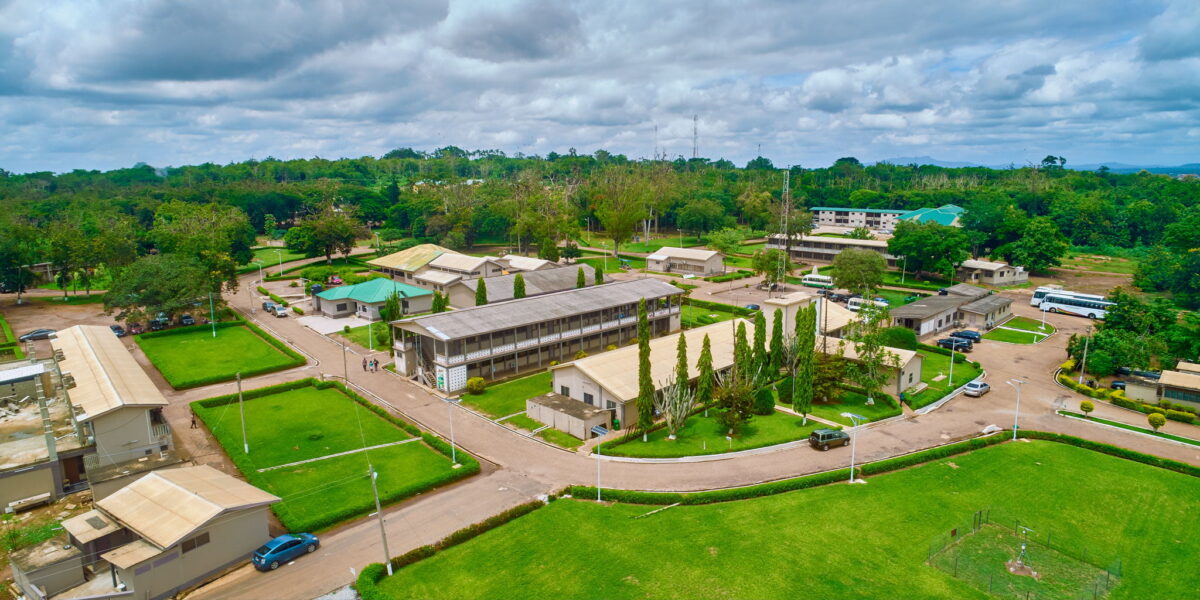
Our Strategic Focus (2025–2028)
Our Strategic Plan aligns with the University’s vision and national and international frameworks, contributing to:
- UENR and SoNR Strategic Plans
- Ghana’s climate, gender, and natural resource policies
- The UN Sustainable Development Goals and global environmental conventions
What We Do
Teaching & Learning
We enhance learning through short courses, webinars, and the development of postgraduate programmes that build leadership in sustainable resource management.
Research & Innovation
We promote multi-disciplinary research on climate change and gender, build staff capacity in grant writing, and foster partnerships to drive innovative solutions.
Advocacy & Community Engagement
We raise awareness through stakeholder outreach, student clubs, gender-inclusive programmes, and youth ambassador initiatives that champion climate action.
Partnerships & Resource Mobilization
We collaborate with local and international partners for joint research, capacity building, and knowledge exchange through lecture series and exchange programmes.
Visibility & Communication
We share our outcomes and expertise through social media, publications, and networks to strengthen our presence and amplify our voice globally
Staff Development & Welfare
We invest in staff capacity and welfare through training, recruitment, mentoring, and reward systems that boost performance and gender-inclusive growth.
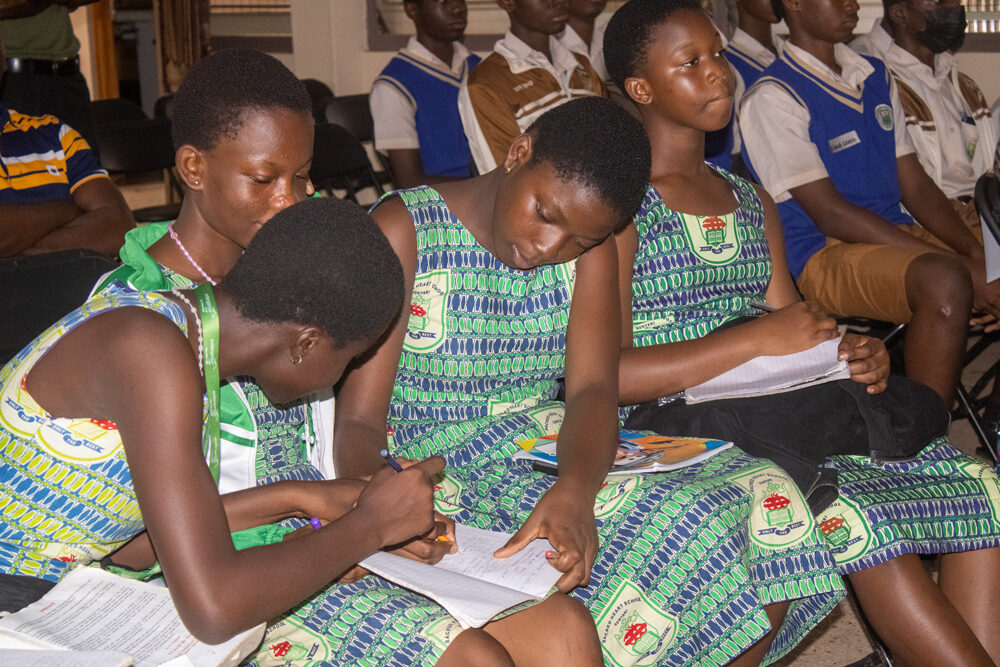
Opportunities
We welcome partners, researchers, and students to collaborate with us on:
- Postgraduate training
- Joint research
- Advocacy projects
- Capacity development
- Volunteering and internships
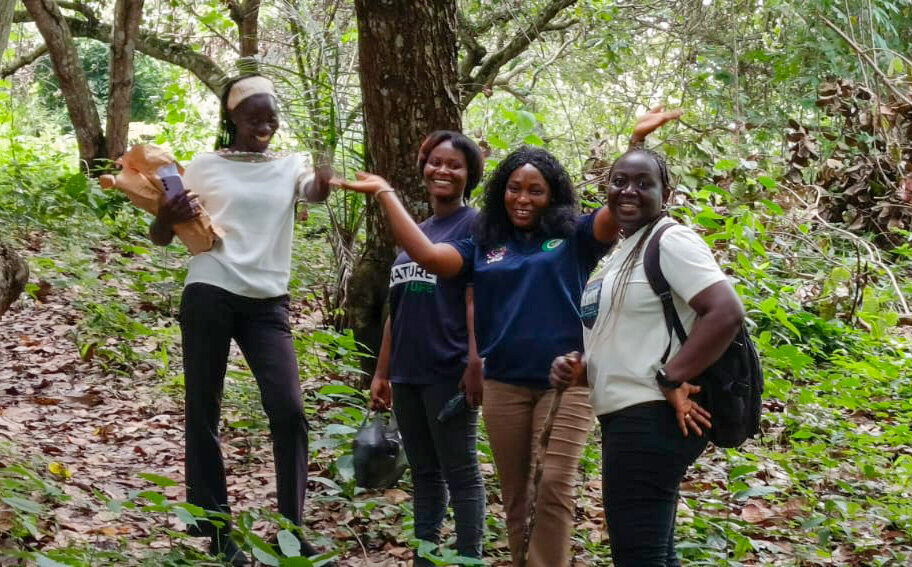
Projects
The Centre has since its inception embarked on several projects in collaboration with both Governmental and Non-Governmental Organizations. Short courses are also run at the Centre on various courses. Projects run by the Centre
- • Climate Impact Research Capacity and Leadership Enhancement (CIRCLE) Project
- • Climate Change Education at the Basic and High Schools in Bono Region.
- • Tano River Basin Integrated
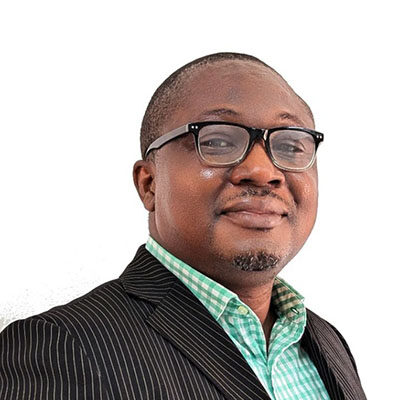
Yaw Boakye Agyeman (PhD)
Dr. Yaw Boakye Agyeman is a lecturer at the University of Energy and Natural Resources, Ghana, specializing in ecotourism and conservation. He holds a PhD from the University of Waterloo and has led projects on climate change and biodiversity. His work includes numerous publications and awards like the Canadian Window on International Development Award.
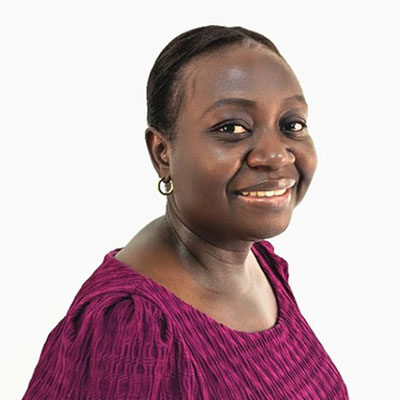
Rachel Yeboah Nketiah
Rachel Yeboah Nketiah is a development researcher and PhD candidate in Social Forestry and Environmental Governance at UENR. She serves as a Research Fellow at the Centre for Climate Change and Gender Studies, with a focus on climate change adaptation, gender, and resilience policy. Her work includes research, stakeholder engagement, and advocacy across Ghana and beyond.
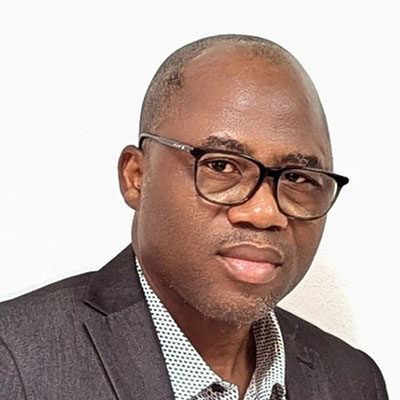
Gyilbag Amatus (PhD)
Dr. Gyilbag Amatus is a climate scientist and researcher with expertise in environmental monitoring, sustainability, and climate change policy. He serves as a research fellow at UENR and leads 3A Environmental Solutions.
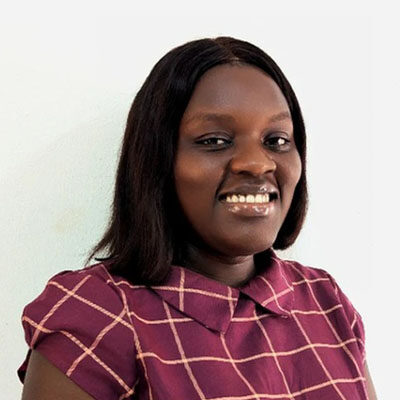
AMA NTIWAA ANTWI-BOASIAKO PANFORD
Ama holds an MSc in Logistics (2021) and BA in Geography (2017) from KNUST. She completed training in research, emotional intelligence, and climate change (2021-2024). Fluent in English and Asante Twi, Ama coordinated and facilitated Climate Change Education and Quiz projects (2023-2025), driving community awareness and engagement.
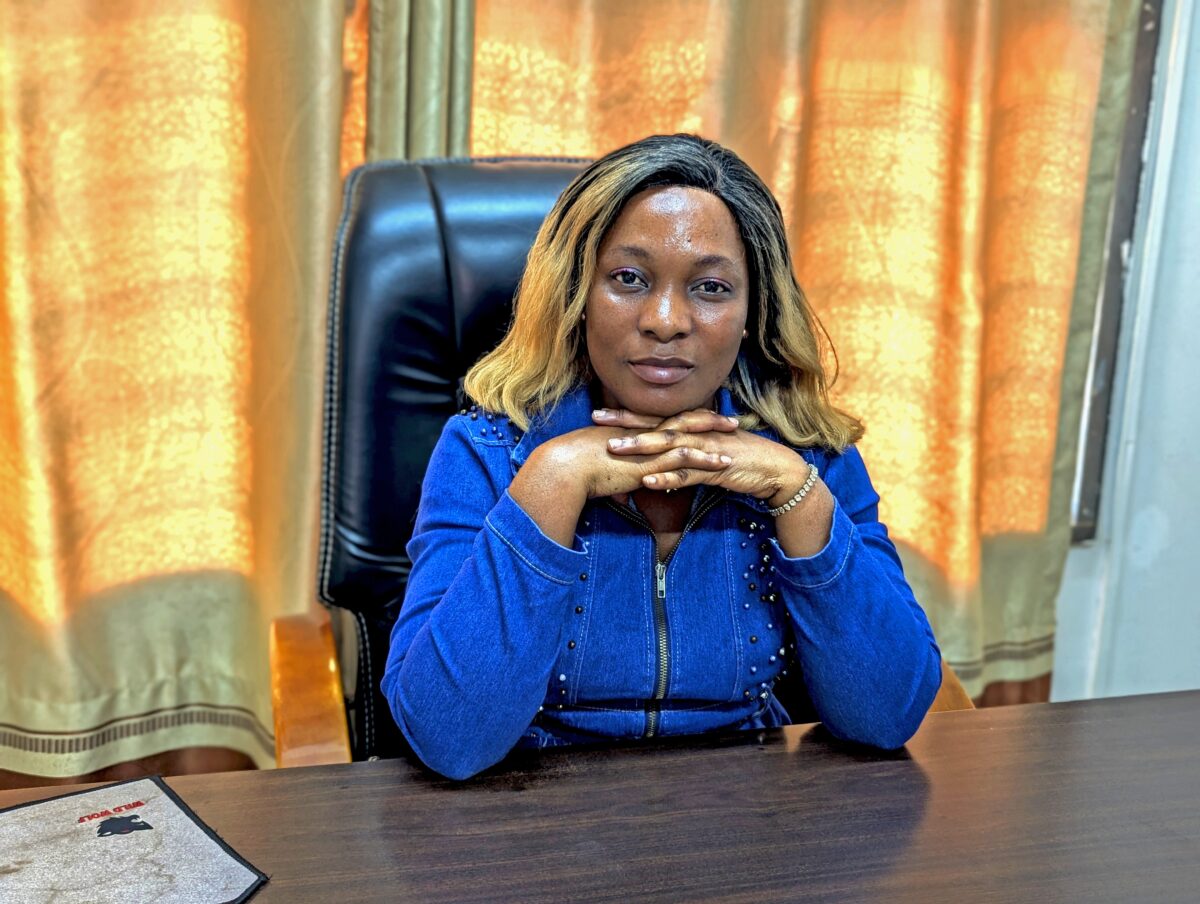
Sylvia Adipah
Dr. Sylvia Adipah, a research fellow at the University of Energy and Natural Resources, Ghana, specializes in environmental engineering and climate change advocacy. She holds a PhD from Chongqing University and has led projects on climate risk and biodiesel production. Her work includes numerous publications and membership in Ghana’s Energy Transition Framework.
Resources
Explore our publications, policy briefs, videos, and digital materials for insights on the climate-gender nexus.
